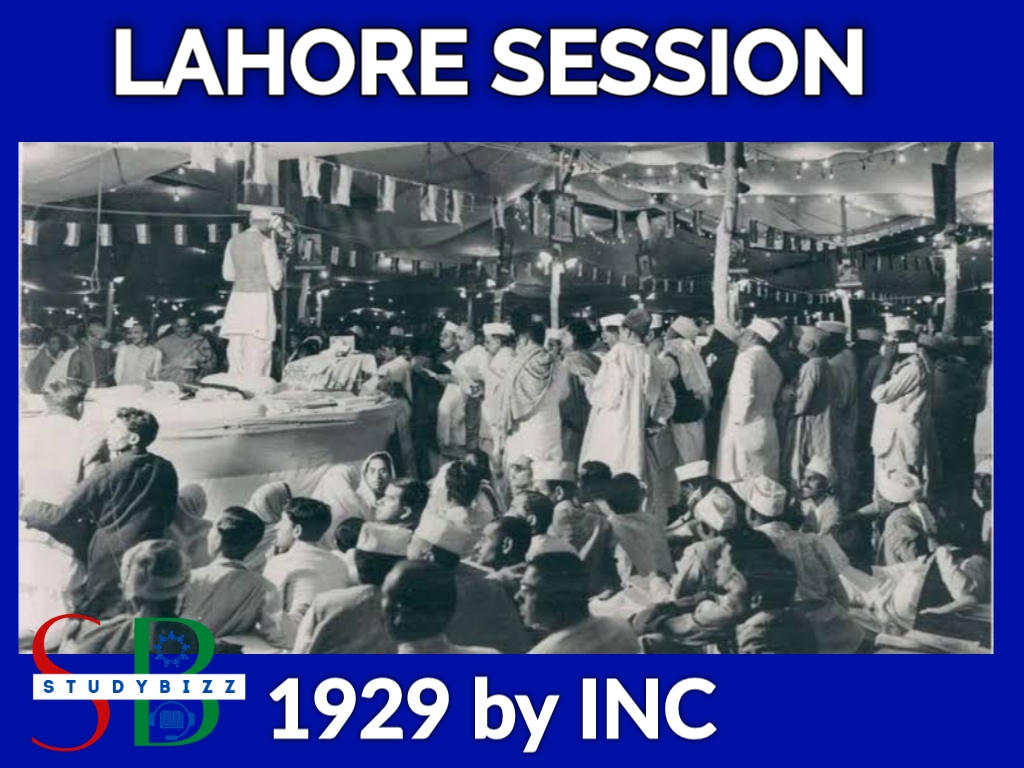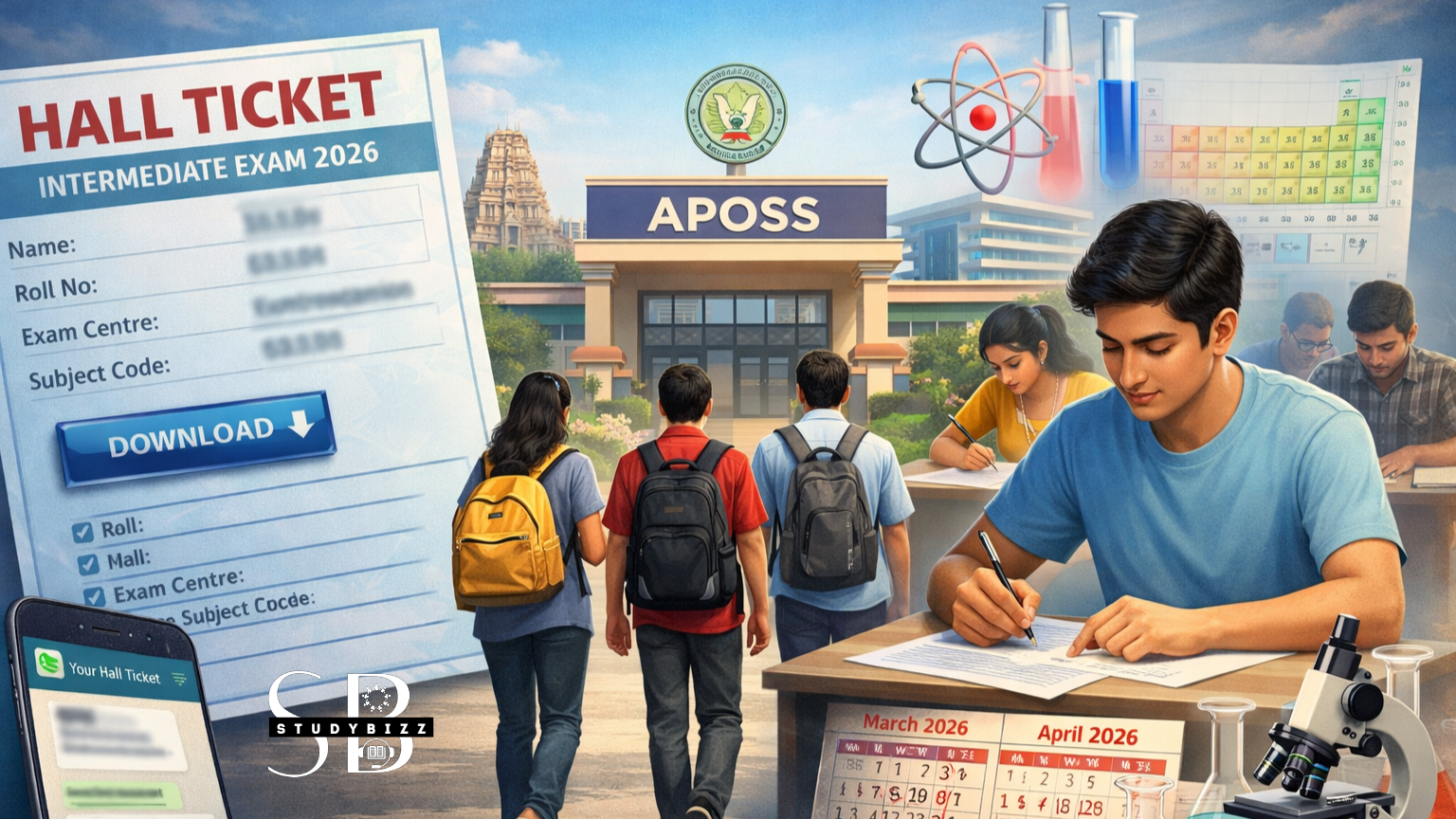Lahore Session of Congress 1929
The Lahore Session was a historic meeting of the Indian National Congress (INC), held in Lahore, India in 1929. It was one of the most significant events in the Indian independence movement and marked a turning point in the struggle for independence from British rule.
The Lahore Session was attended by over 1,000 delegates from across India, representing various political, religious, and social groups. The meeting was presided over by Jawaharlal Nehru and was attended by several prominent leaders of the independence movement, including Mahatma Gandhi, Sardar Vallabhbhai Patel, and Maulana Abul Kalam Azad.
The main objective of the Lahore Session was to adopt a resolution for independence from British rule, which had been a long-standing demand of the INC and the Indian people. In a landmark decision, the session passed the resolution, which called for the immediate withdrawal of British rule from India and the establishment of a free and independent India.
The resolution adopted at the Lahore Session marked a turning point in the Indian independence movement, as it galvanized the masses and demonstrated the determination of the Indian people to achieve independence. The resolution was widely supported across India, with mass demonstrations and protests being held in support of the independence demand.
The Lahore Session also marked the beginning of a new phase in the independence struggle, with the focus shifting from constitutional and legal reforms to mass mobilization and political action. Gandhi, who was the undisputed leader of the independence movement, launched the Salt Satyagraha in 1930, which was a mass campaign of civil disobedience aimed at challenging the British-imposed salt tax. This campaign was a major success and helped to increase support for the independence movement across India.
In addition to the independence resolution, the Lahore Session also adopted several other important resolutions, including one on Hindu-Muslim unity, which called for an end to communal tensions and the establishment of a secular, democratic India. Another resolution was passed on the rights of women, which called for equal rights and opportunities for women in the future independent India.
The Lahore Session had a profound impact on the Indian independence movement, as it helped to unify and mobilize the masses, bringing millions of Indians into the independence struggle. It also set the stage for further mass movements, such as the Quit India Movement in 1942, which helped to increase pressure on the British government to grant independence to India.
In conclusion, the Lahore Session was a seminal event in Indian history, marking a turning point in the independence struggle and demonstrating the determination of the Indian people to achieve independence. Its legacy continues to inspire and influence political movements around the world and serves as a testament to the courage and determination of the Indian people in their quest for freedom.





Leave a Reply